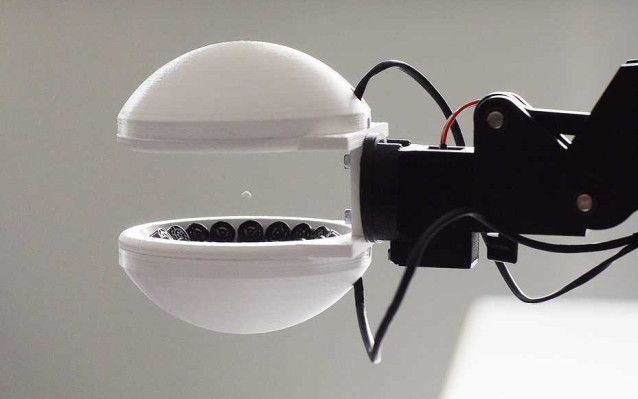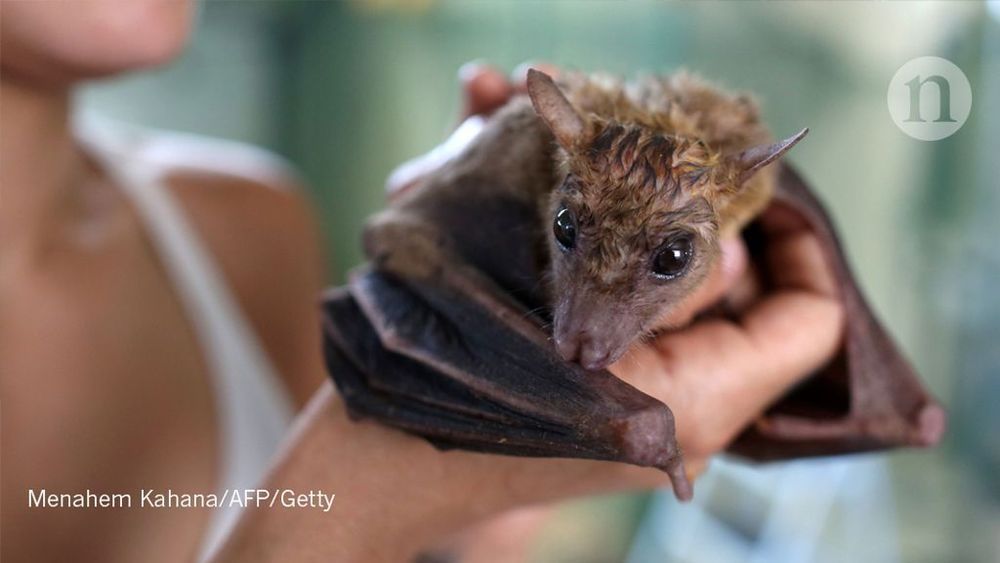
If robots are to help out in places like hospitals and phone repair shops, they’re going to need a light touch. And what’s lighter than not touching at all? Researchers have created a gripper that uses ultrasonics to suspend an object in midair, potentially making it suitable for the most delicate tasks.
It’s done with an array of tiny speakers that emit sound at very carefully controlled frequencies and volumes. These produce a sort of standing pressure wave that can hold an object up or, if the pressure is coming from multiple directions, hold it in place or move it around.
This kind of “acoustic levitation,” as it’s called, is not exactly new — we see it being used as a trick here and there, but so far there have been no obvious practical applications. Marcel Schuck and his team at ETH Zürich, however, show that a portable such device could easily find a place in processes where tiny objects must be very lightly held.

















